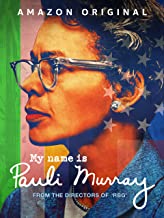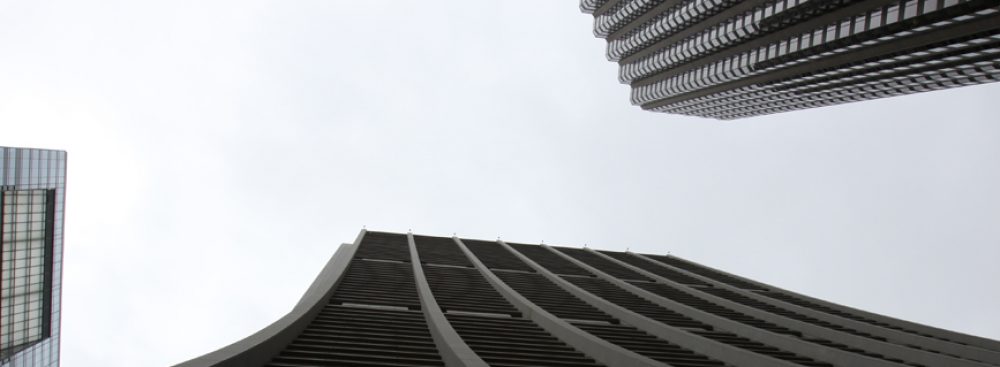
A documentary of a previously little known, self-described “queer Negro woman” whose life is getting more and more traction as the years go by, and – especially – as Supreme Court Justice Breyer has announced his imminent retirement (Jan. 2022) and President Biden has reaffirmed his commitment to putting a Black woman on the court.
Murray was a lawyer, activist, priest and poet who influenced both Ruth Bader Ginsburg (who was interviewed on-camera for the documentary) and Thurgood Marshall, among many others.
Murray – born in 1910 – was remarkably ahead of the times: She denounced segregation, embraced LGBT+ rights, decried gender inequality (“Jane Crow,” in her words) and, in 1977, became the first African-American woman ordained as an Episcopal priest.
Her entire bio is a list of “firsts”;: Sole female at Howard Law School (first in her class), first African American to receive a Doctor of Juridical Science degree from Yale Law School; co-founder of NOW (National Organization for Women). She’s one of the most famous women you’ve never heard of – but that seems to be changing.
The documentary (2021) is well done, with most of the narration either by Murray or in her own words. It reminded me of a Ken Burns documentary, with a remarkable amount of archival material – photos, film and audio clips.
Well worth checking out. One of the things that stuck with me were the old pictures – probably from just before or after I was born (1959) with “Whites only” signs on buses, white/black entrance signs.
What was/is wrong with us?
